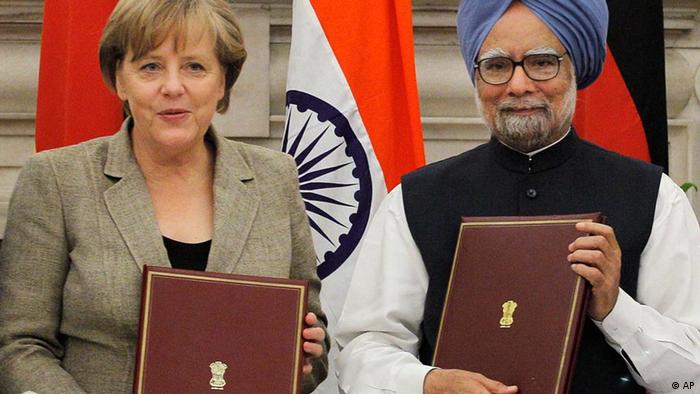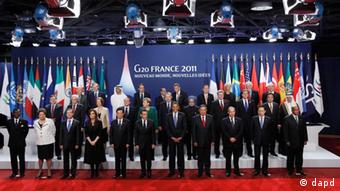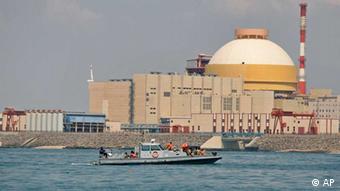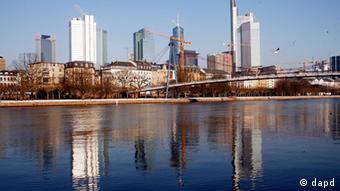 Indian Prime Minister Manmohan Singh has arrived in Germany. Bilateral trade is likely to be high on the agenda at the two-day inter-governmental talks that kick off in Berlin on Thursday.
Indian Prime Minister Manmohan Singh has arrived in Germany. Bilateral trade is likely to be high on the agenda at the two-day inter-governmental talks that kick off in Berlin on Thursday.
India was one of the first countries to recognize the German Federal Republic and also one of the countries which gave strong support to German Reunification in 1990. "India and Germany agree on several policy areas of international diplomacy," says R. K. Jain from Jawaharlal Nehru University in New Delhi. "They both want a permanent seat in the United Nations Security Council. They are cooperating with each other in the G-20 process."
Manmohan Singh will co-chair the second round of inter-governmental consultations in Berlin with German Chancellor Angela Merkel. This format of consultation is also used with China and Israel, as well as various European countries.
Jain expects the two-day meeting to drive forward bilateral cooperation in the field of clean environmental technologies and alternative energies, which include nuclear power. "India has an ambitious nuclear program and there has to be a discussion about how German firms can contribute to it." For years, France and India have been talking about massive investments into India's civil nuclear energy program.
Increasing trade volume
Trade relations are also high on the agenda. In the first round of consultations in May 2011, German and India's leaders confirmed the ambition to increase bilateral trade volume from 15 billion to 20 billion euros by the end of 2012. At the end of 2011, the volume amounted to well over 18 billion euros. Germany is now India's seventh most important supplier. Demand for German machines, which make up 30 percent of all such deliveries to India, remains high, as it does for electrotechnology. In return, India supplies Germany with textiles, leather, food and increasingly with chemical goods, metal products and also with electrotechnology.
In order to bring the trade relations onto a sustainable course of growth there is a lot to do. Bernhard Steinrücke, Director General of the Indo-German Chamber of Commerce, mentions an important point: "The German government will underline the fact that the proposed free trade agreement between India and the EU is of the utmost importance for India and Europe and therefore for Germany too."
Jain thinks this should not fail because of India, which will try to persuade Germany to exert pressure on the EU so the agreement does materialize.
No change of course
Big car firms such as Mercedes, Volkswagen, BMW, and engineering giant Siemens have long been present in India. However, India hopes that the free trade agreement will allow small and medium-sized German companies to get a stronger foothold in India and share their know-how, says Jain.
"German industry hopes the visit will highlight the significance of German investment in India's business sector as well as in the sciences," agrees Steinrücke.
In this context, the German side should also highlight the interest Germany has in skilled labor from India. The controversial CSU/CDU election campaign slogan "Children instead of Indians" did not go down very well with Indians in the past decade. That's why Indian politicians will be following German efforts to lure skilled workers and scientists from India.
Germany has parliamentary elections coming up in September this year and they're due in India next year. However, Steinrücke does not think they will play a big role in bilateral relations. "If the two governments are now agreed on certain themes, it has little to do with the parties that make up the governments. We don't expect a change of course."




0 comments:
Post a Comment